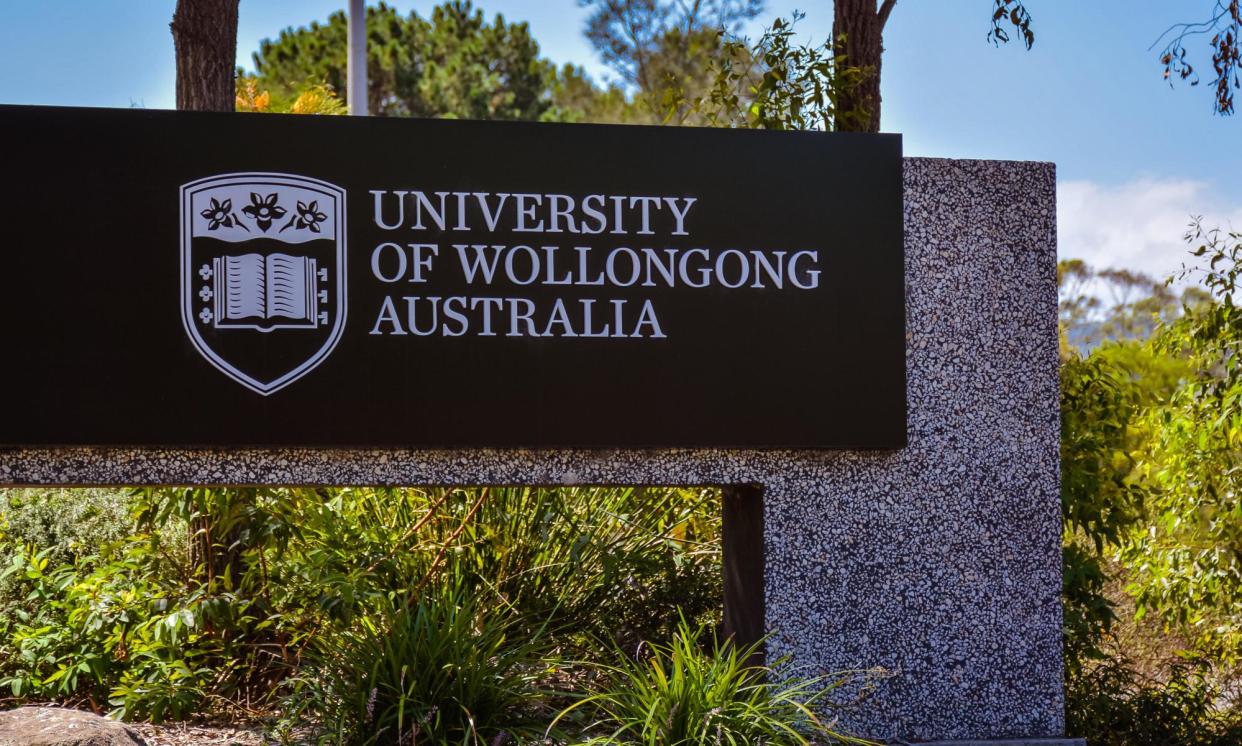Job threat for Australian university staff as claims international student cuts are being weaponised

University staff have been threatened with deep job cuts because of the federal government’s proposed international student cap, raising concerns the controversial policy is being weaponised as an “excuse” to slash jobs.
The draft bill, introduced to parliament last month, would give the education minister powers to set a maximum number of new international student enrolments. Leading policy experts have described it as a “recipe for chaos”.
In its submission to the bill, the University of Sydney said any cuts to foreign enrolments would have “very damaging flow-on consequences”, pointing to the Group of Eight which takes more than 30% of its total revenue from international student fees.
Related: Labor’s international student cap an ‘unprecedented’ overreach and ‘recipe for chaos’, experts warn
Similarly, the Regional Universities Network warned any reduction in its international enrolments would result in the “loss of regional university jobs [and] the closure of regional campuses”. The University of Melbourne said caps would lead to “disruptive job losses and course cancellations as early as next year”.
Guardian Australia understands two universities – La Trobe and the University of Wollongong – have already been communicating with staff about budgetary pressures resulting from migration reform.
The national president of the National Tertiary Education Union (NTEU), Dr Alison Barnes, said she was “deeply concerned” university managements might be weaponising the commonwealth’s migration policy as an “excuse to threaten staff and students with decisions that damage universities”.
“No one has seen the final detail of this policy so any suggestion of job losses from vice-chancellors is not only premature, but a totally cruel way to treat staff already dealing with rampant job insecurity,” she said.
Guardian Australia understands La Trobe’s newly sworn vice-chancellor, Theo Farrell, is informing faculties of a significant deficit due to the international student cap – requiring “course optimisation” including cuts to courses, subjects and staff.
An academic who attended the School of Humanities and Social Sciences meeting claimed there was “no clear timeline” about which subjects could be cut and how many redundancies were on the table. They spoke anonymously because of fears for their employment.
“This announcement is already significantly impacting the emotional and psychological well-being of staff,” they said. “Many of my colleagues were visibly shaking … fearing for their job security and the university’s future.”
Related: New South Wales universities receive 40% of student fees from just three overseas countries
The academic said staff had endured “repeated restructuring and redundancies” over more than a decade, without sufficient details about why cuts were necessary.
A spokesperson for La Trobe said the university was taking a “holistic review” of courses and subjects and may close some with “little or no student demand”.
Separately, the University of Wollongong (UoW) recently informed staff of an upcoming 3% cut in operations because of the migration policy, with a $24m shortfall expected in the next six to 12 months.
Staff were only advised via a weekly newsletter in an announcement attributed to the little-known Finance and Infrastructure Committee.
Prof Fiona Probyn-Rapsey, a member of the UoW branch of the NTEU, said the notice came as a “surprise to many”.
“The cuts to operating expenses were announced by a small, secretive committee,” she said.
“It seems they pulled [3%] out of a hat … what was not a surprise is that the impacts come in the form of cuts to teaching and subject offerings - all of which will directly affect students.”
Probyn-Rapsey said staff had put up with a “huge amount of pressure” since the pandemic, when restructures were rolled out.
“It’s unprecedented, the scale of crises accumulating in higher education.”
A spokesperson for UoW said the federal government’s reforms to migration presented “challenges for all Australian universities, including the UoW, but also bring opportunities”.
Greens deputy leader and spokesperson for higher education, Senator Mehreen Faruqi, said universities had used funding cuts and lack of government support as an “excuse to shed staff and cut courses”.
“They will have another crack at it if their funding base is further reduced,” she said.

 Yahoo News
Yahoo News 
